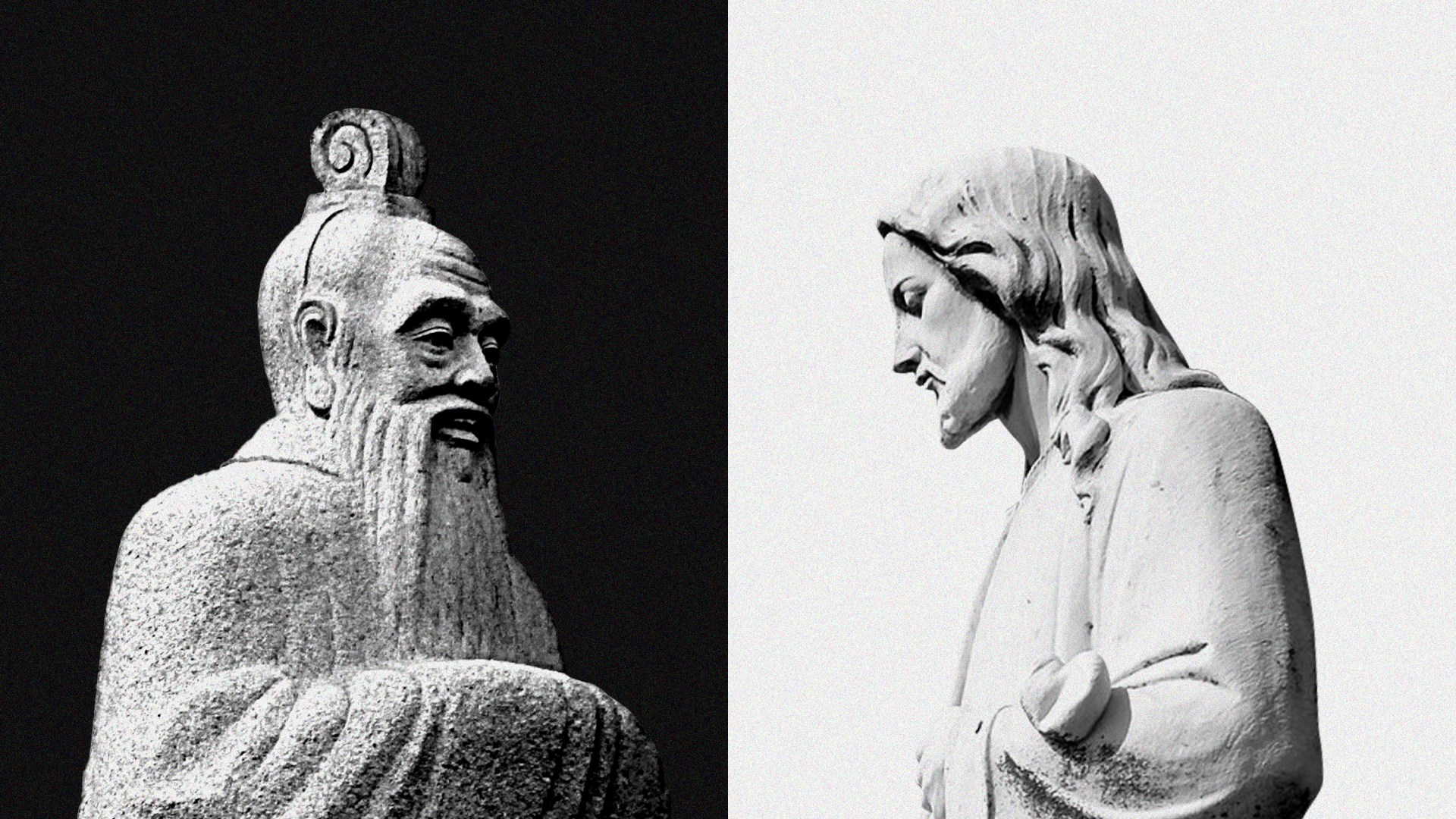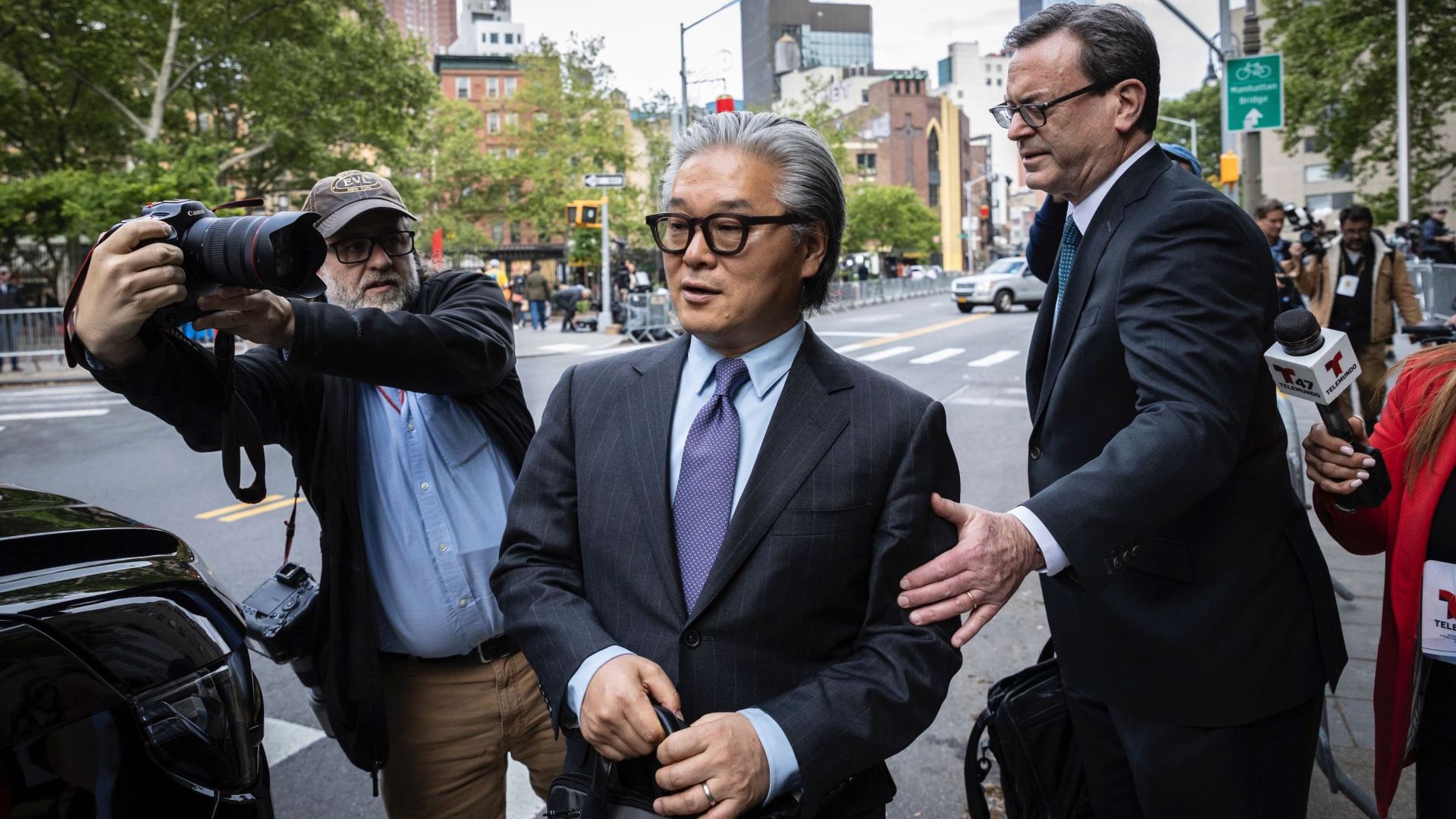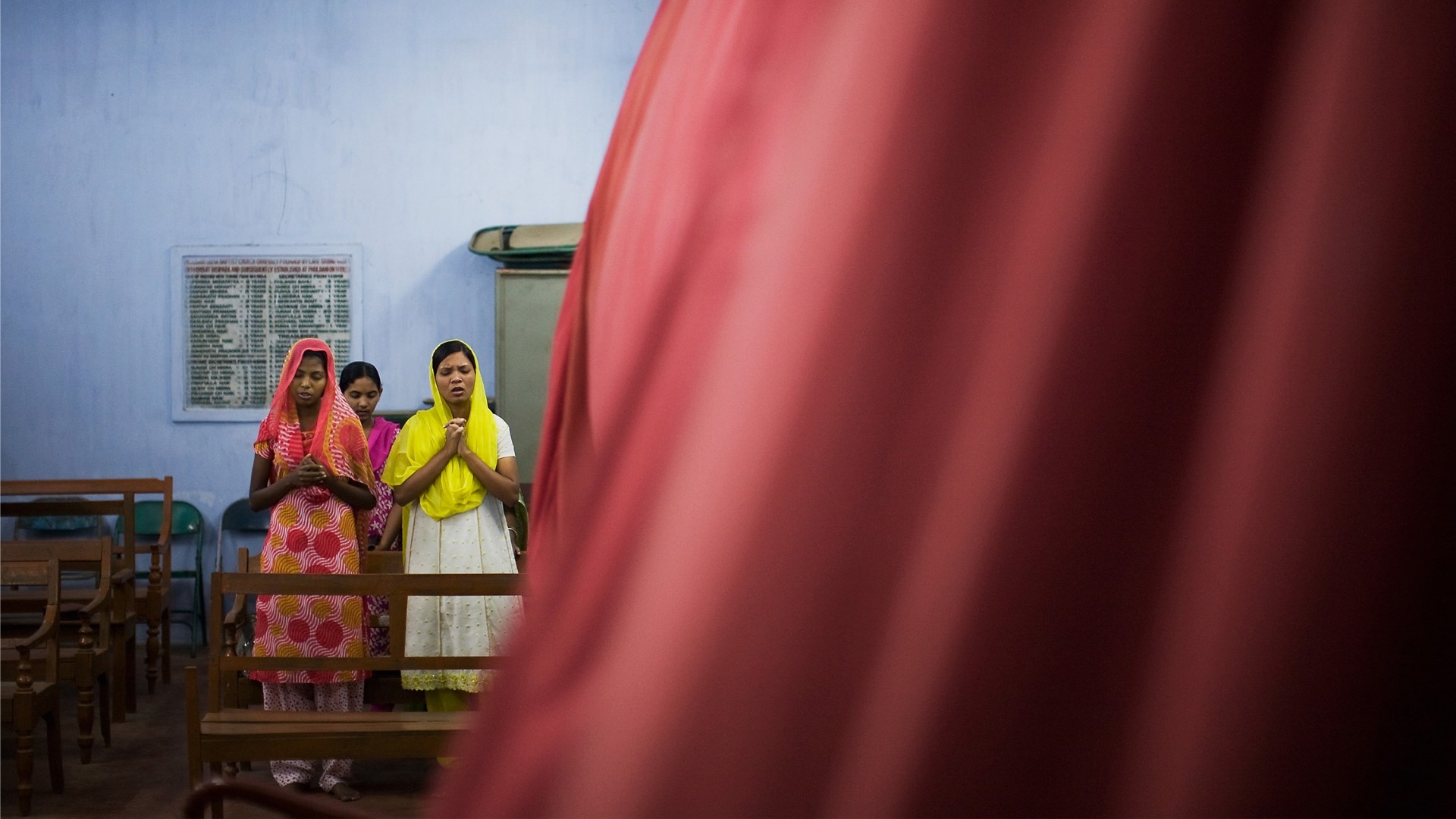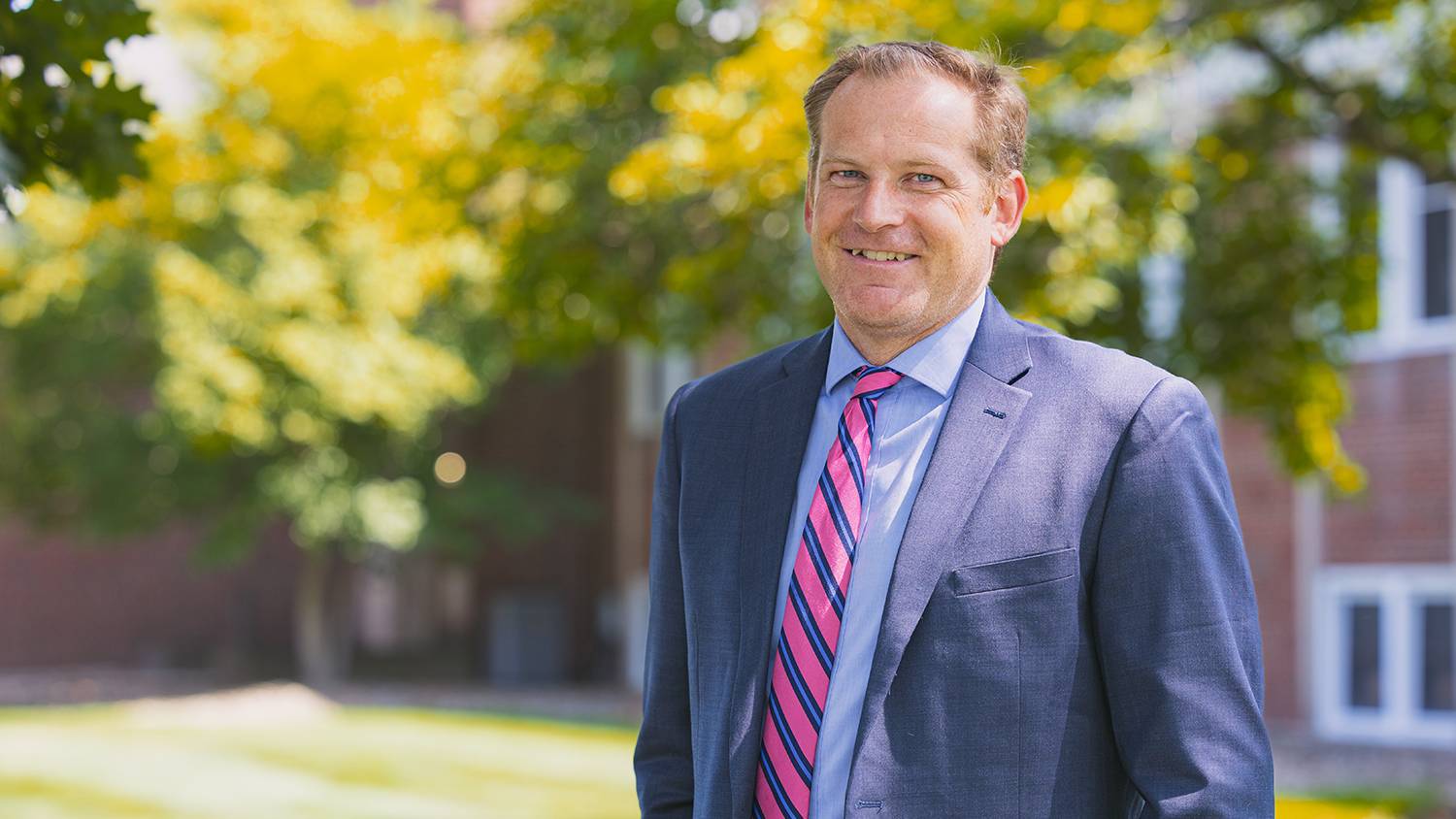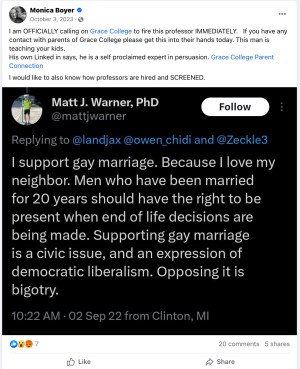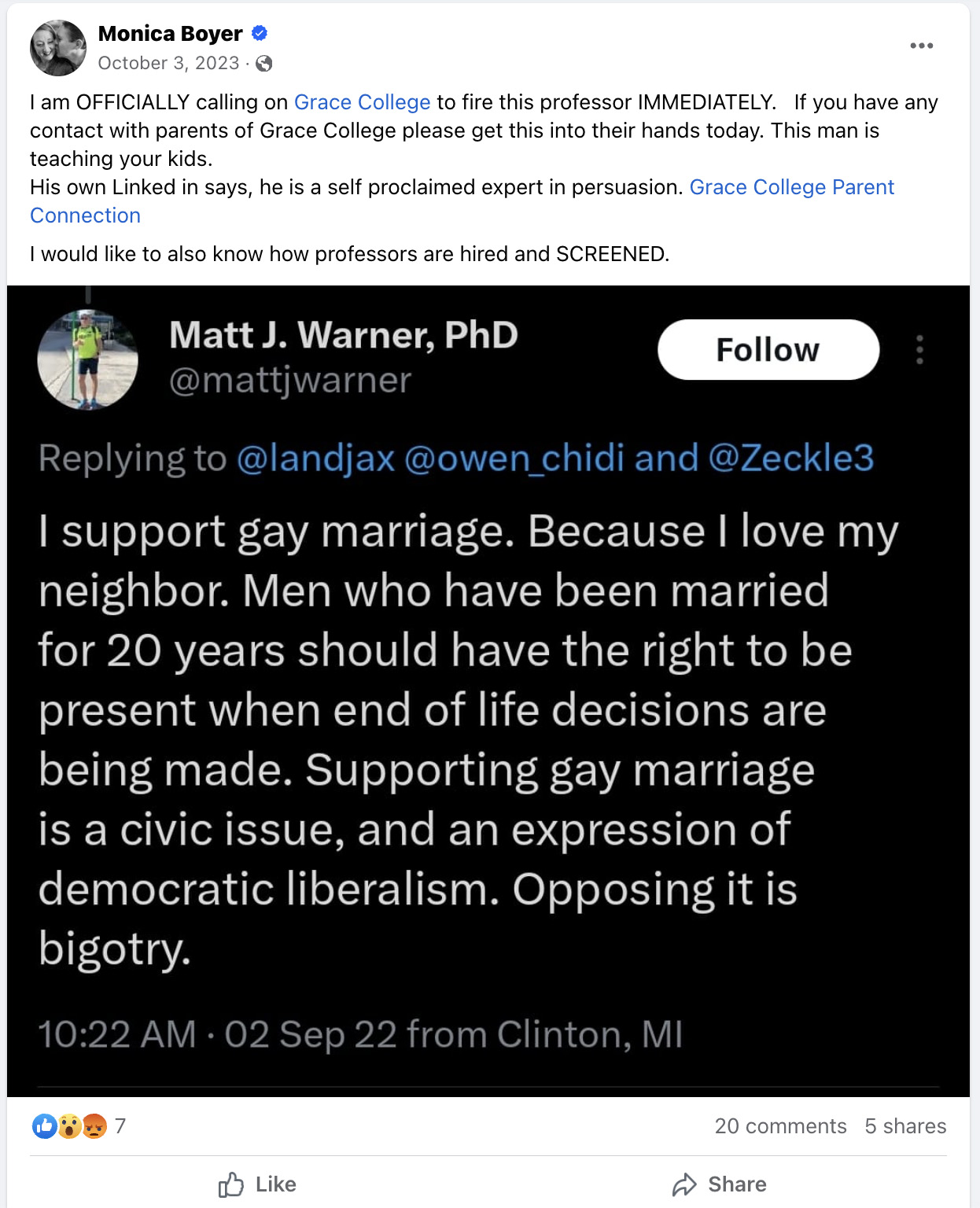There are rules to follow in every culture, particularly in Asia, where many children must bear the responsibility of maintaining harmony within the home and familial structure. To deviate from the norms or traditions of any Asian society requires a bold willingness to try to demonstrate to one’s fellow citizens what is and is not working in their culture. As a Christian living or ministering in an Asian context, how can one manage these complex situations?
The contributors to Asian Christian Ethics, an anthology published in 2022, grapple with the challenges Asian Christians face in their particular social contexts, often characterized by strictly defined societal ranking and hierarchy, religious violence against Christians, or suffering among marginalized groups. The theologians, pastors, and missiologists who authored this volume come from the Philippines, Malaysia, China/Hong Kong, Singapore, Sri Lanka, and Korea, plus one perspective from Palestine. The writers, many of whom studied in the West and are familiar with Western ways of thinking, provide valuable insight into Asian mindsets.
Each chapter begins by examining what Scripture teaches on a particular social issue. Then the writers draw on their expertise to address the ethical challenges surrounding that issue within a specific cultural context.
Marriage and divorce
In “Water Is Thicker Than Blood,” Bernard Wong offers insights on the changing views of traditional marriage. He notes that divorce has become more prevalent in Asian society (though not yet as normalized as in Western cultures) and that young adults are waiting longer to get married, with over 90 percent of 20-to-24-year-olds still single in Hong Kong, Japan, South Korea, Taiwan, and Singapore.
While Wong shows how Scripture forbids divorce, he notes that Asian Christians still get divorced and argues that the church should approach this subject with grace, not purely with condemnation. Wong is sympathetic toward the push by Christian missionaries for greater gender equality but also observes that it can sometimes put more strain on the bonds of marriage, as evidenced by a higher divorce rate. Asian Christians still tend to observe a subtle but deeply ingrained patriarchal hierarchy that has historically been present in their societies; however, young people are no longer following the traditional script regarding marriage. Wong urges the church to resist reverting to a patriarchal form of marriage and focus instead on a moral vision for the family while also upholding biblical values—which are largely consistent with Confucian ideals.
In Taiwan, the only Asian country to legalize same-sex marriage, the church must seek to understand and reconcile the differences between how Christians and the surrounding culture view marriage and the church. Shang-Jen Chen’s essay “Homosexuality in Twenty-First Century Asia” explores the nature of Scripture in light of homosexual behavior and interprets how Taiwan evolved toward approving same-sex marriage. Chen discusses related social factors such as a declining birth rate, young people’s tendency to stay single longer, changes in sex education methods, and the effects of marriage laws and equal rights for minorities on Taiwanese society.
While Chen acknowledges there is no easy solution, he encourages the church in Taiwan to strengthen its internal unity, show deeper compassion and love to those with same-sex attraction, and move forward with discernment in a society that is rapidly changing its views on marriage. One major challenge is that many pastors lack understanding of the LGBTQ+ movement. Therefore, they focus on communicating with like-minded Christians and not necessarily on expressing themselves in a manner that demonstrates sensitivity to the LGBTQ+ community.
Filial piety
Anyone seeking to do ministry in Asia must also understand the importance of filial piety, highlighted in a chapter titled “Honor Your Father and Your Mother” by ShinHyung Seong. As Seong explains, obedience and filial obligation go hand in hand with Confucian teaching, which emphasizes subservient and dutiful relationships between children and parents, spouses, and family members. This approach to filial piety, which parallels the message of the Fifth Commandment, facilitates an orderly and harmonious society—something that is highly valued throughout Asia.
As they learned about Confucian thought, missionaries to China, including Matteo Ricci and William Carey, strove to contextualize the Christian message. Whereas Ricci viewed Confucian values such as honoring parents as aligned with Christianity, Seong points out the ethical dilemma between them: Confucianism endorses ancestral worship, in which parents or relatives are revered like gods, which is not compatible with Christian discipleship. However, Seong affirms that in the Old Testament, honoring one’s father and mother is closely connected to having a “blessed life” and that it remains a high priority in New Testament discipleship.
Caste system
As an Indian, I found the chapter on “Human Dignity” by Kiem-Kiok Kwa helpful because it develops the societal intricacies around status and position. She uses our nature, created in the image of God, as a pathway toward viewing all humans as of great and equal value, in contrast to worldly views of class or social position. Kwa, who is from Singapore, suggests a countercultural practice of having domestic helpers or household servants sit with their employers during meals as a means of affirming everyone’s dignity within the household.
Another theologian, Nigel Ajay Kumar, traces British classism and the influences the British left on the caste system. The continued existence of this system has far-reaching consequences for the church, especially because of how it maintains the divide between rich and poor. Building relationships across castes remains highly countercultural in India, but doing so is an obligation for believers, who know that Christ binds all Christians together without regard for social status.
Kumar explores Gandhi’s view of self-denial and renunciation and its relationship to the suffering, poverty, and oppression that the caste system perpetuates. Gandhi advocated for better treatment of the lower castes and untouchables, but he did not support abolishing the caste system. Although caste discrimination was officially outlawed in 1955, it still exists in practice in India today. Kumar insightfully contrasts Gandhi’s and Christianity’s views of suffering. For Gandhi, suffering must take place for one to find truth; it is a part of everyone’s life journey. But for Christians, redemption is available because someone else, Jesus Christ, suffered on our behalf. This concept is hard for Hindus within the caste system to understand because society tells them that the lower caste is required to suffer due to their ancestral position and the social status into which they were born.
Meaningfully communicated and lived out
Having lived most of my life in Hong Kong, I am deeply aware of how colonial history shapes our understanding of specific Asian contexts. Early missionaries who brought the gospel to Asia wrapped it in Western cultural features. Over time, however, Christian teaching has become much more contextualized in both its presentation and its application to daily living. Both Asian Christians living in Asia and families of Asian heritage living all over the world confront similar ethical issues.
When Christianity flourishes in Asia, it does so by engaging with its society in positive ways, such as Kumar’s example of two pastors from India who empowered each other even though they were from opposite ends of the caste system. This book will push anyone doing ministry in Asia or among Asians to reflect thoughtfully on Confucian philosophy, the lingering caste system, social hierarchies, and familial relationships that entail dutiful respect for elders. The authors’ contributions develop an awareness of what each country is struggling with ethically and show how the gospel can be meaningfully communicated and lived out in Asian contexts.
While Asian Christian Ethics does not offer easy solutions to ethical problems, it reminds us that Christ’s message must be at the forefront of our decisions and actions. This book encourages all Christians to engage with difficult societal issues in thoughtful and biblical ways, whatever cultural context we may inhabit.

